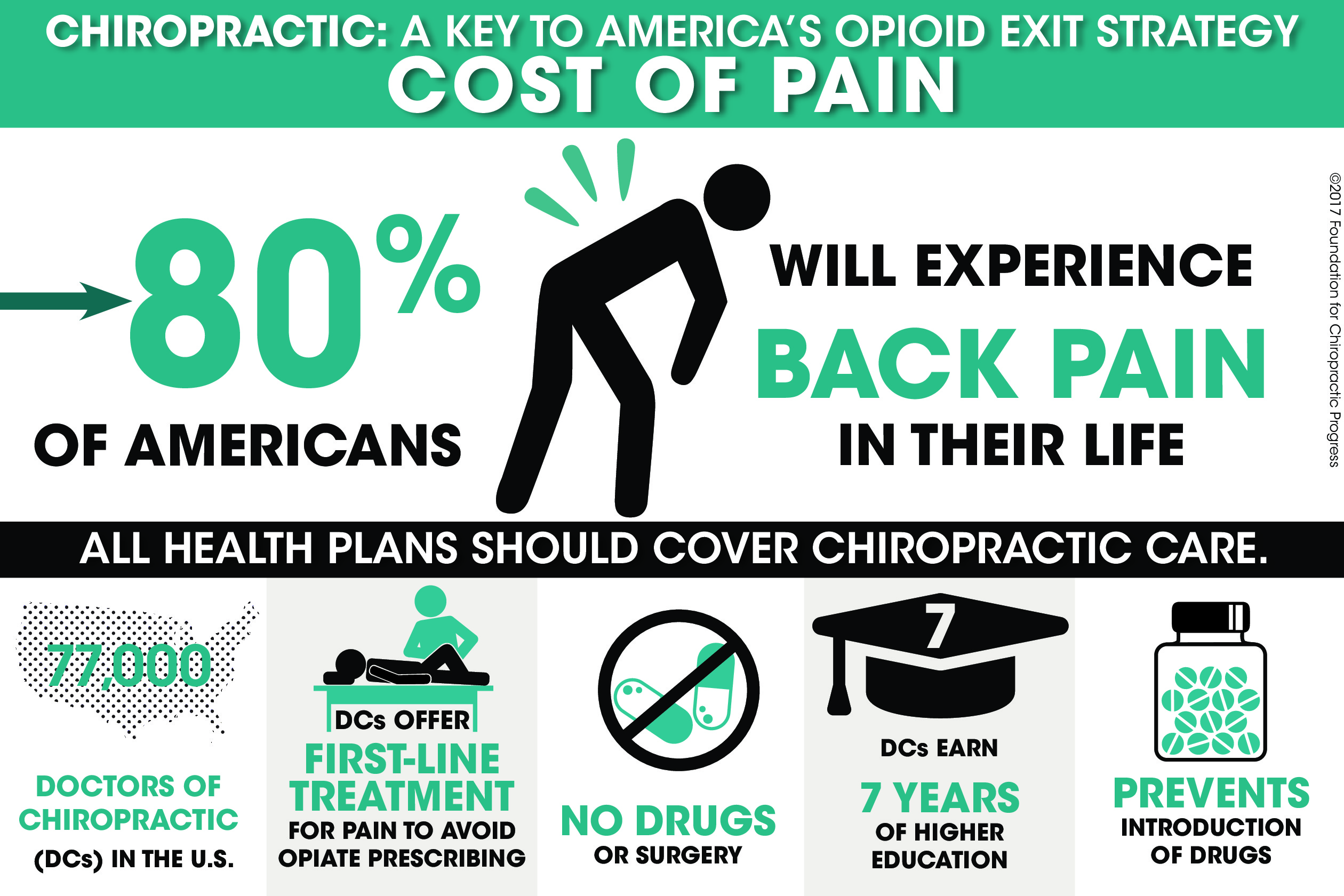Can Chiropractic Care Adjustments Bring About Addiction? Dividing Reality From Rumor
Can Chiropractic Care Adjustments Bring About Addiction? Dividing Reality From Rumor
Blog Article
Article By-Klint Stampe
You might have listened to that chiropractic adjustments can bring about a habit forming dependence, however that's a common misconception. Many clients discover alleviation without establishing any kind of addiction. It is essential to understand the true function of these modifications and exactly how they match your general health and wellness strategy. So, just what does the scientific research say concerning chiropractic treatment and your well-being? Allow's explore the truths.
Understanding Chiropractic Adjustments and Their Function
When you consider chiropractic changes, it's necessary to understand their purpose and just how they work. These modifications intend to deal with misalignments in your back and joints, advertising far better placement and activity. By using controlled force to particular areas, chiropractic doctors assist relieve pain, enhance function, and improve your overall wellness.
joint chiropractor on your body's capability to heal itself, stressing the connection in between the spine and the nerves. When your spinal column is lined up, it can lower nerve interference, allowing your body to operate efficiently.
Normal changes might additionally aid protect against future issues, maintaining you energetic and pain-free. Eventually, chiropractic changes serve to support your health and wellness, enhance mobility, and improve your quality of life.
Common Myths Concerning Addiction and Chiropractic Care Care
Many individuals hold misunderstandings concerning the relationship in between chiropractic care and dependency therapy. One typical misconception is that chiropractic care modifications create an addiction-like dependency. Actually, lots of people find relief from pain and pain, however this does not indicate they create a mental or physical dependency.
An additional myth is that chiropractic specialists are just trying to keep you returning for even more adjustments. The majority of chiropractic specialists prioritize your wellness and go for long-lasting health and wellness instead of regular visits.
Additionally, helpful site think chiropractic treatment can replace traditional addiction treatments, however it needs to complement, not replace, evidence-based therapies. Understanding these misconceptions can aid you make notified options concerning your health and wellness and health without dropping target to misinformation.
The Science Behind Chiropractic Adjustments and Patient Experience
While some might examine the effectiveness of chiropractic changes, a growing body of research study sustains their duty in reducing pain and boosting total function.
you could try here show that spine adjustment can reduce discomfort from conditions like lower neck and back pain, stress migraines, and neck discomfort. When you go through chiropractic treatment, the adjustments aim to bring back correct placement, improving your body's natural recovery capabilities.
Several individuals report raised flexibility and a better sense of wellness after therapy. In addition, the therapeutic partnership you build with your chiropractic physician can enhance your experience, as they offer customized treatment tailored to your demands.
This mix of scientific support and favorable patient experiences aids clarify why chiropractic adjustments are effective for several people seeking relief.
Final thought
To conclude, chiropractic adjustments aren't addicting; they're developed to improve your wellness and advertise aggressive health care. By debunking the misconceptions bordering reliance, it's clear that these therapies can offer significant alleviation without developing a cycle of addiction. Accepting chiropractic care as a complementary technique to typical treatments can cause much better wellness results. So, if you're considering adjustments, felt confident that they have to do with enhancing your lifestyle, not developing a reliance.
